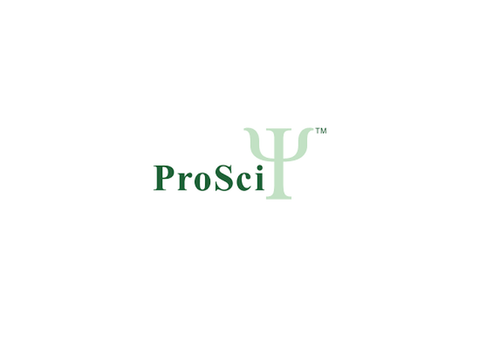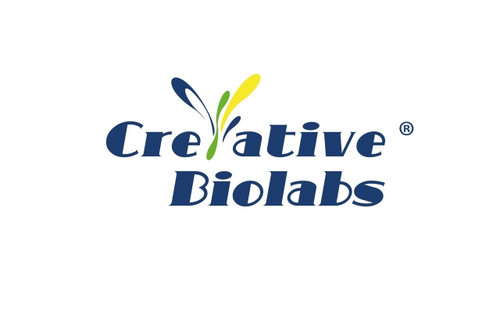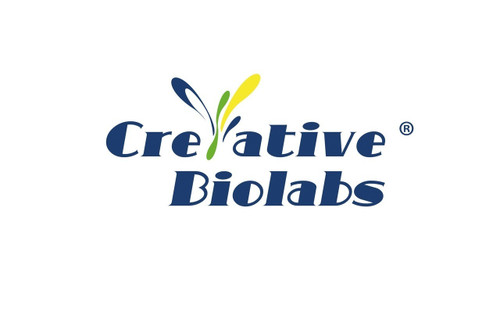Product Description
LASS6 Antibody | 4941 | ProSci
Host: Rabbit
Reactivity: Human, Mouse, Rat
Homology: N/A
Immunogen: LASS6 antibody was raised against a 13 amino acid synthetic peptide near the carboxy terminus of the human LASS6.
The immunogen is located within the last 50 amino acids of LASS6.
Research Area: Homeostasis
Tested Application: E, WB, IHC-P, IF
Application: LASS6 antibody can be used for detection of LASS6 by Western blot at 1 - 2 μg/mL. Antibody can also be used for immunohistochemistry starting at 2.5 μg/mL. For immunofluorescence start at 20 μg/mL.
Antibody validated: Western Blot in rat samples; Immunohistochemistry in mouse samples and Immunofluorescence in mouse samples. All other applications and species not yet tested.
Specificiy: At least two isoforms of LASS6 are known to exist. This antibody is predicted not to cross-react with LASS5.
Positive Control 1: Cat. No. 1463 - Rat Brain Tissue Lysate
Positive Control 2: N/A
Positive Control 3: N/A
Positive Control 4: N/A
Positive Control 5: N/A
Positive Control 6: N/A
Molecular Weight: N/A
Validation: N/A
Isoform: N/A
Purification: LASS6 Antibody is affinity chromatography purified via peptide column.
Clonality: Polyclonal
Clone: N/A
Isotype: IgG
Conjugate: Unconjugated
Physical State: Liquid
Buffer: LASS6 Antibody is supplied in PBS containing 0.02% sodium azide.
Concentration: 1 mg/mL
Storage Condition: LASS6 antibody can be stored at 4˚C for three months and -20˚C, stable for up to one year. As with all antibodies care should be taken to avoid repeated freeze thaw cycles. Antibodies should not be exposed to prolonged high temperatures.
Alternate Name: LASS6 Antibody: CERS5, LASS6, Ceramide synthase 6, LAG1 longevity assurance homolog 6, CerS6
User Note: Optimal dilutions for each application to be determined by the researcher.
BACKGROUND: LASS6 Antibody: The LASS (longevity assurance homolog) family members represent a subgroup of the homeobox gene family and are highly conserved from yeasts to mammals. Six members of this family of proteins have been characterized (LASS1-6) and all are involved in ceramide synthesis during cell growth regulation and cancer differentiation. Like the highly homologous LASS5, LASS6 is also an endoplasmic reticulum, multi-pass membrane protein. LASS6 is also involved in the synthesis of C14, C16 and C18-ceramide, but shows a preference for unsaturated fatty acids. LASS6 is broadly expressed in a wide range of tissues and microarray data suggests that it may play a role in cancer differentiation and early embryonic development.
 Euro
Euro
 USD
USD
 British Pound
British Pound
 NULL
NULL

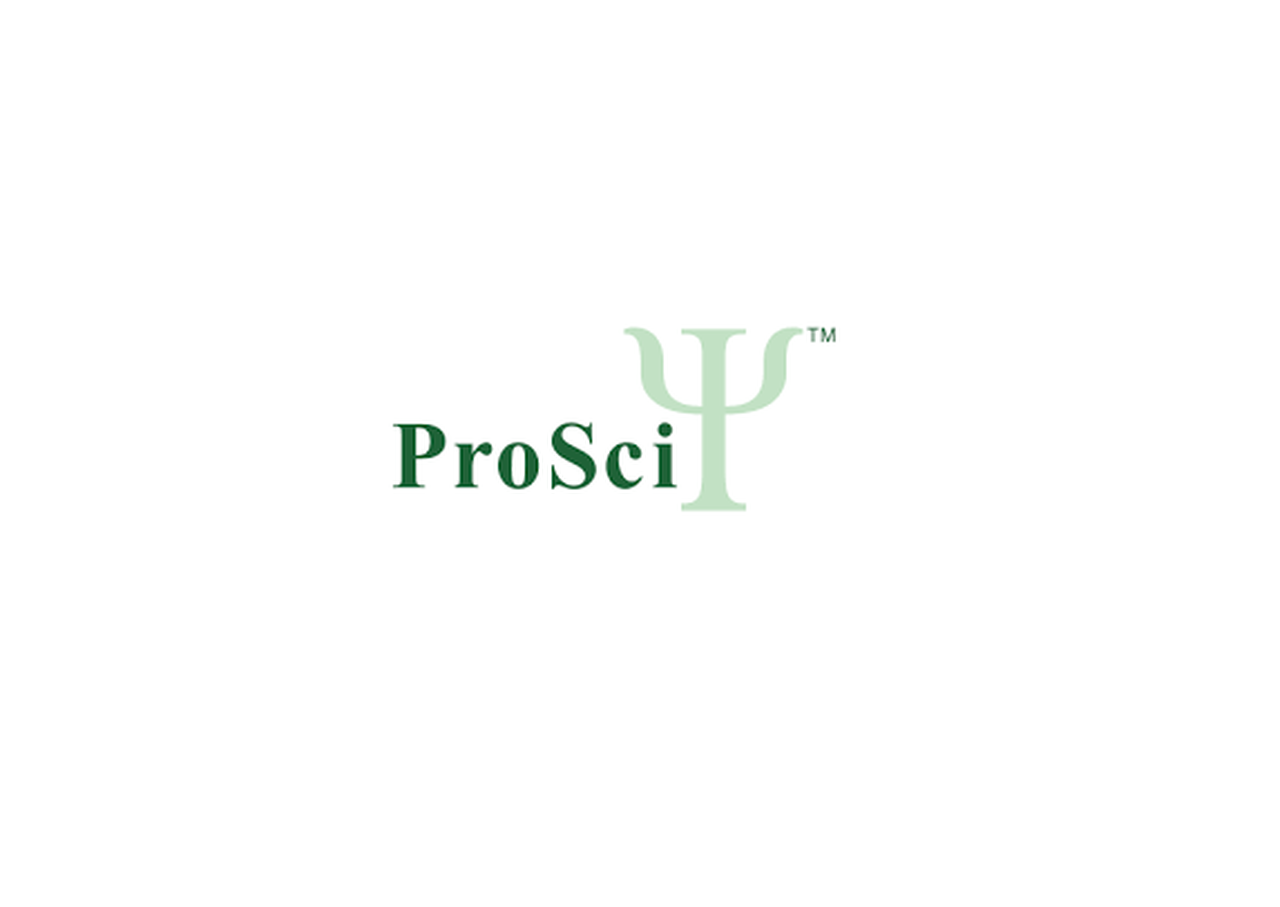
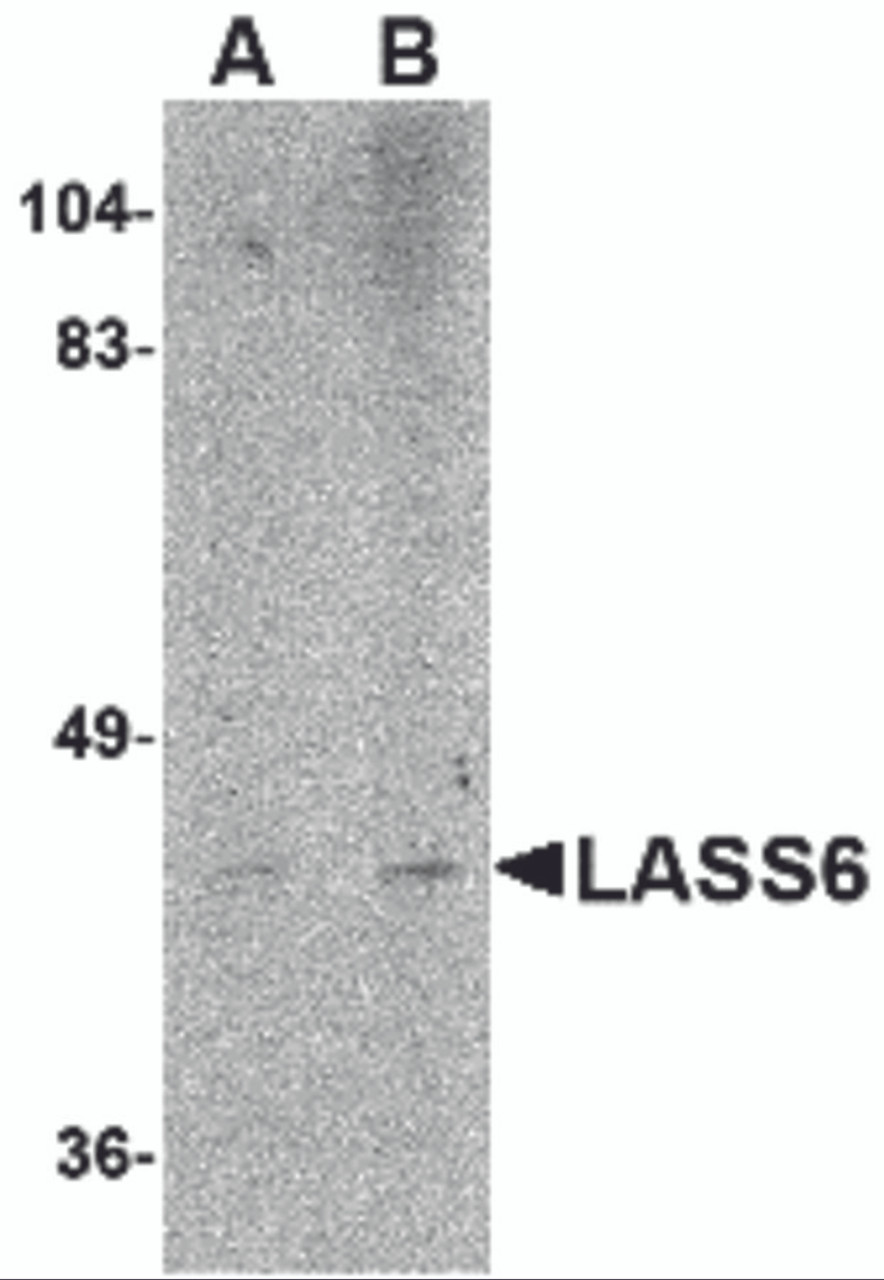
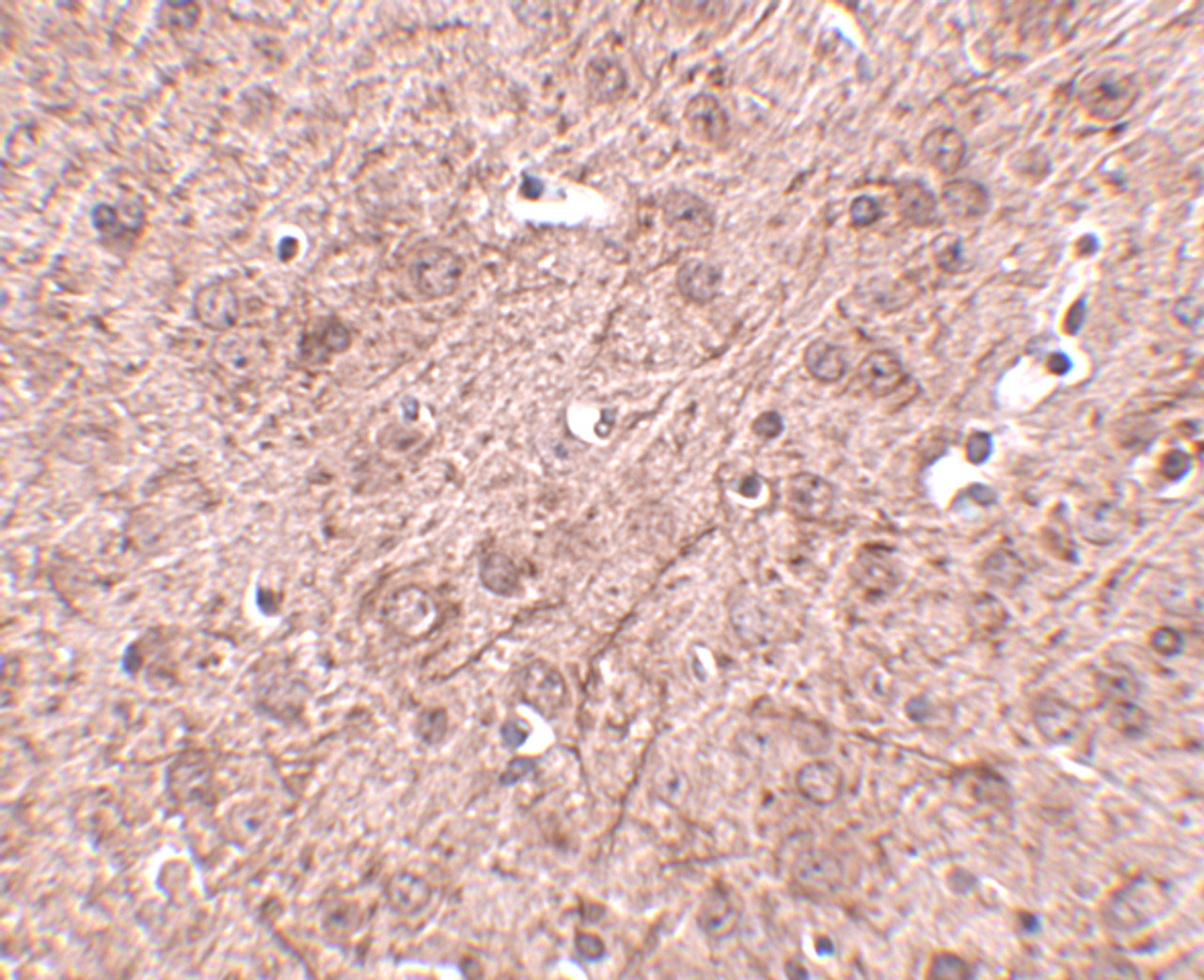




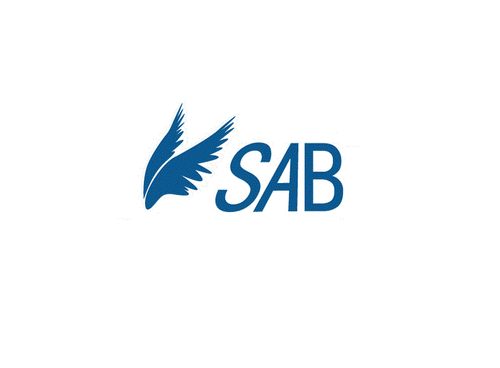

![LASS6 Antibody (C-term) [APR31568G] LASS6 Antibody (C-term) [APR31568G]](https://cdn11.bigcommerce.com/s-452hpg8iuh/images/stencil/500x659/products/871813/1163880/logo__92149.1659788186__20406.1659868216.png?c=2)

